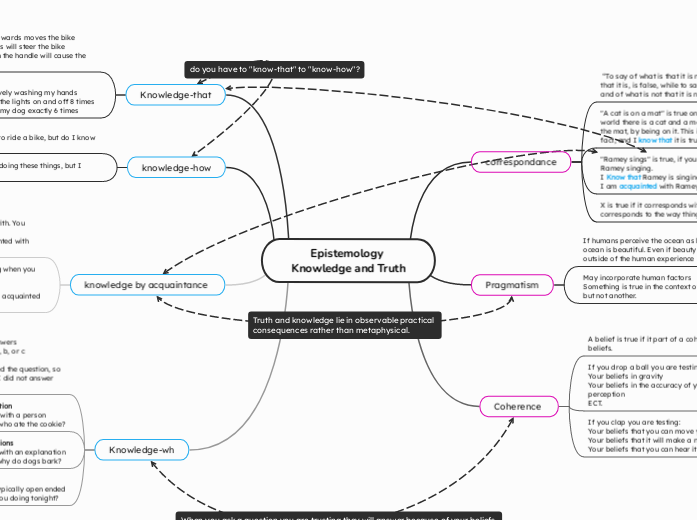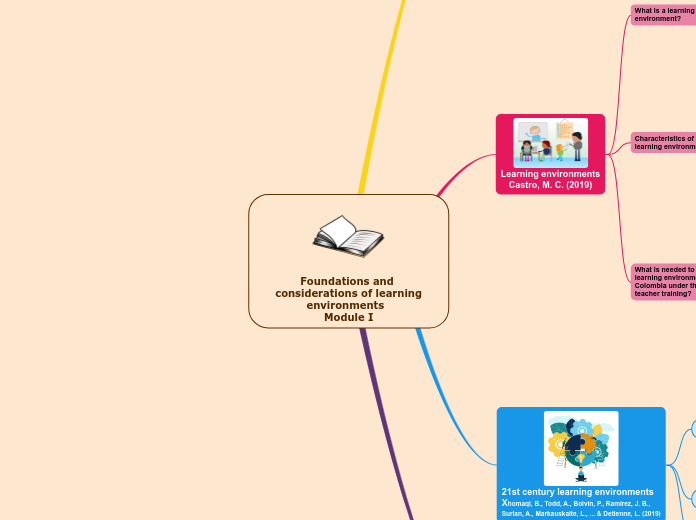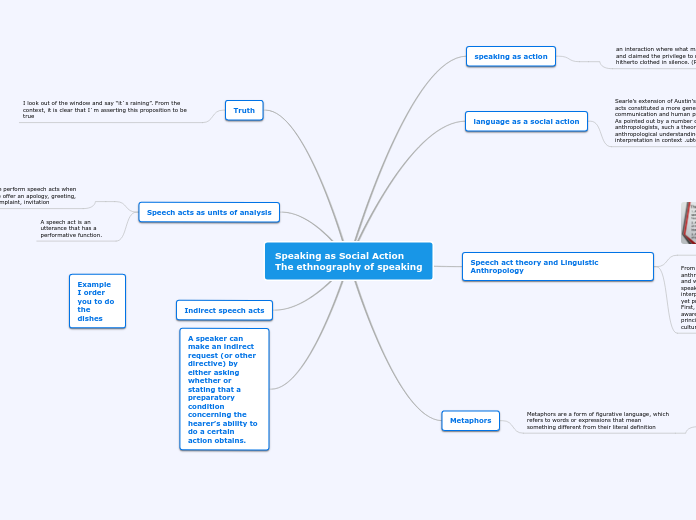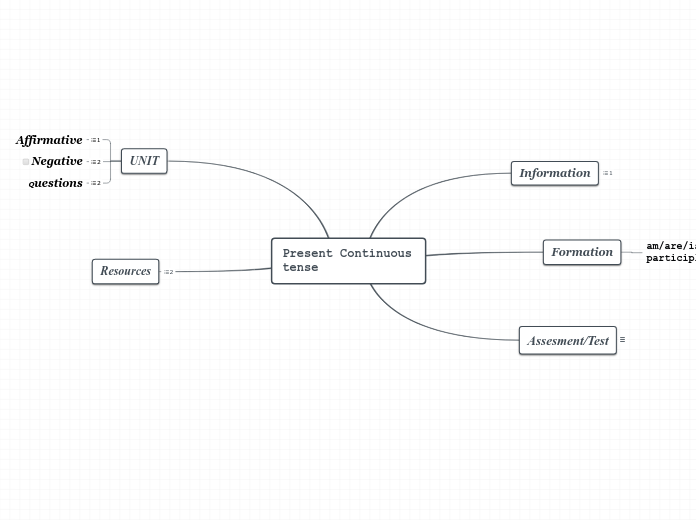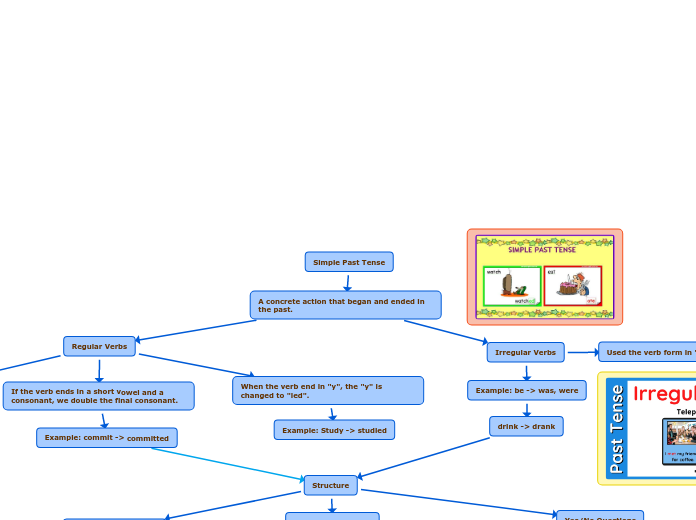av Jaylynn Graham 11 måneder siden
99
Epistemology Knowledge and Truth
The text explores the philosophical study of epistemology, focusing on the nature of knowledge and truth. It references Aristotle's definition of truth, asserting that a statement is true if it corresponds with reality.
